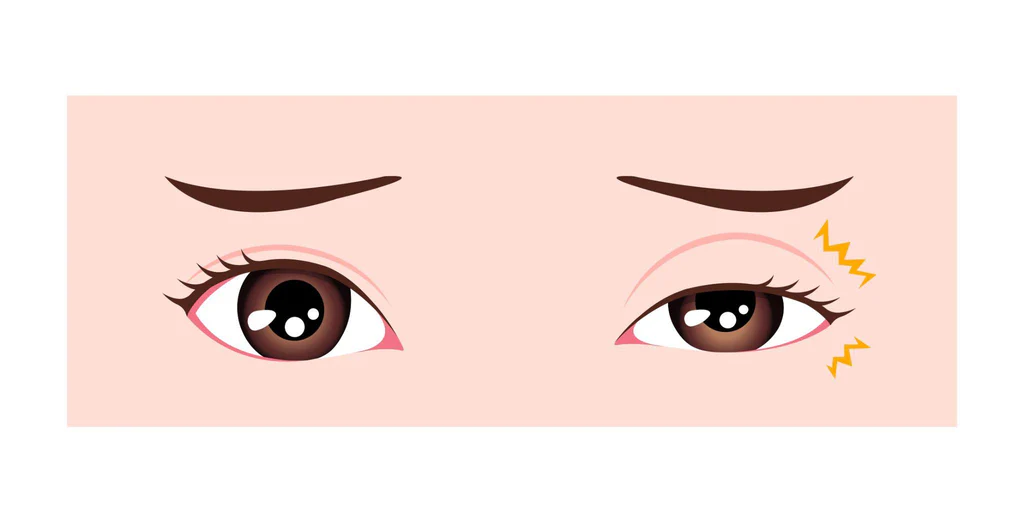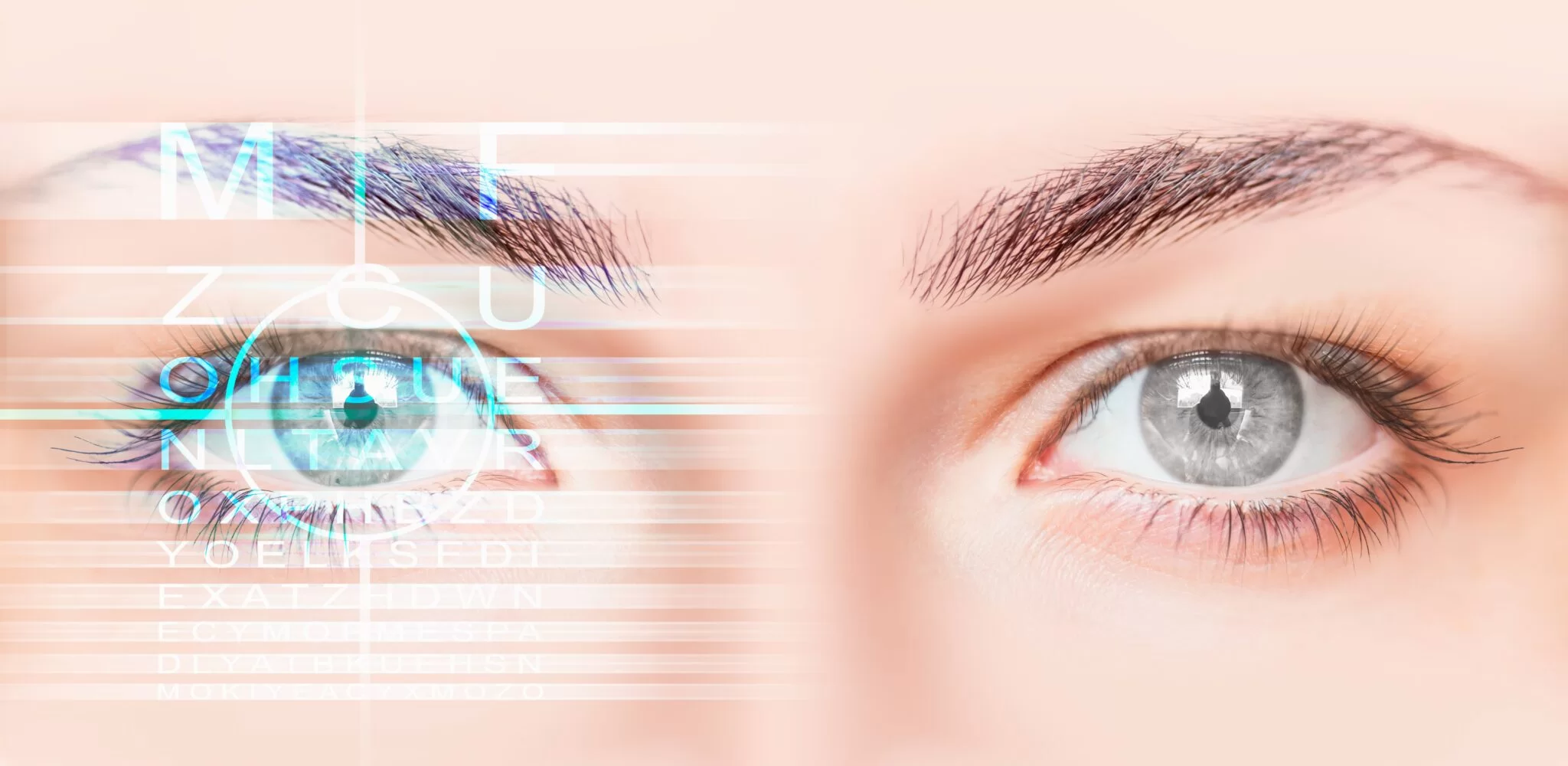Clarification Text on the Protection and Processing of Personal Data
Your data will not be passed on to third parties or companies, it will only be stored to communicate with you.
The protection of personal data is one of the priorities of Kudret Eye Health Center LTD. Co. Great care is taken to ensure the security of personal data, emphasizing the processing and storage of any personal information related to our patients with utmost care and diligence. Personal data belonging to our patients, their companions, visitors, employees, and staff of associated institutions and organizations may be processed in compliance with the Law No. 6698 on the Protection of Personal Data (GDPR), the Fundamental Law on Health Services (Law No. 3359), the Regulation on Outpatient Diagnosis and Treatment, and regulations set by the Ministry of Health and other relevant legislation. The following fundamental principles for the protection of personal data have been adopted as institutional policy:
▸ Processing personal data in compliance with the law and rules of integrity.
▸ Keeping personal data accurate and up-to-date when necessary.
▸ Processing personal data for specific, clear, and legitimate purposes.
▸ Processing personal data in connection with, limited to, and proportionate to the purposes for which they are processed.
▸ Retaining personal data for the duration stipulated in the relevant legislation or as necessary for the purposes for which they are processed.
▸ Informing and enlightening personal data owners about their data.
▸ Establishing systems to enable personal data owners to exercise their rights.
▸ Taking necessary precautions to ensure the security of personal data.
▸ Transferring personal data to third parties in compliance with legal requirements and GDPR regulations, in accordance with the purposes of the processing.
▸ Demonstrating utmost sensitivity when processing and protecting sensitive personal data.
▸ Deleting or destroying personal data in compliance with legally defined procedures and durations.
Obtaining, Processing, and Purpose of Processing Personal Data
Your personal data is collected through verbal, written, visual, or electronic channels, including our call center, website, or similar mediums, for the purposes of providing medical diagnosis, treatment services, and other healthcare-related activities. Sensitive personal data, including but not limited to health-related data, as well as general personal data, may be processed in connection with the following purposes in a proportionate and limited manner:
▸ Identity Information: Name, surname, Turkish ID number, passport details, temporary ID number, place and date of birth, marital status, gender, insurance or patient protocol number, and other identifiable data.
▸ Contact Information: Address, phone number, email address, and other contact details, as well as voice recordings maintained by customer service and patient services, and personal data obtained through communication via email, mail, or other means.
▸ Health Information: Diagnostic and examination results, medical records, appointment details, check-up information, and prescription data obtained during the provision of medical diagnosis, treatment, and care services or as a result of these.
▸ Private Health Insurance: Relevant data and Social Security Institution information.
▸ Financial Information: Bank account numbers, IBAN numbers, credit card details, and invoicing information.
▸ Job Application Information: Data, including resumes, provided during job applications, and personal data related to employment agreements or suitability for employment if you are a Kudret Eye Health Center LTD. Co. employee or associated worker.
▸ CCTV Footage: Camera recordings collected for security and monitoring purposes during visits to our medical facilities.
▸ License Plate Information: If you use the parking area, your vehicle’s license plate information.
▸ Website Data: Any personal data provided when visiting www.kudretgozistanbul.com.
Personal data obtained by Kudret Eye Health Center LTD. Co., including sensitive personal data, may be processed for the following purposes:
▸ Confirming your identity.
▸ Protecting public health, conducting medical diagnosis, and treatment services.
▸ Sharing requested information with the Ministry of Health and other public institutions in accordance with relevant legislation.
▸ Planning and managing the daily operations and internal processes of our medical facilities.
▸ Measuring, improving, and researching patient satisfaction by the Management, Patient Rights, and Patient Experience departments.
▸ Notifying you of your appointment if you schedule one.
▸ Conducting risk management and quality improvement activities.
▸ Analyzing data to improve healthcare services.
▸ Financing healthcare services, covering diagnostic, treatment, and examination expenses, and sharing necessary information with private insurance companies as part of eligibility checks.
▸ Conducting research.
▸ Complying with legal and regulatory requirements.
▸ Ensuring proper billing and verifying relationships with affiliated institutions by the Patient Services, Financial Affairs, and Marketing departments.
▸ Conducting promotional campaigns, providing campaign-related information, and designing personalized content through digital and mobile platforms by the Marketing, Media, and Communication departments.
Transfer of Personal Data
Your personal data may be shared with third parties, including private insurance companies, the Ministry of Health and its subunits, the Social Security Institution, law enforcement agencies, judicial authorities, pharmacies, authorized representatives, legal advisors, tax and financial consultants, auditors, regulatory bodies, and business partners, for the purposes mentioned above.
Method and Legal Grounds for Obtaining Personal Data
Personal data is collected through verbal, written, visual, or electronic channels to fulfill the legal and contractual obligations of Kudret Eye Health Center LTD. Co. The legal grounds for collecting your personal data include:
▸ Law No. 6698 on the Protection of Personal Data (GDPR).
▸ Fundamental Law on Health Services (Law No. 3359).
▸ Regulation on Outpatient Diagnosis and Treatment.
▸ Regulation on the Processing and Protection of Personal Health Data.
▸ Ministry of Health regulations and other relevant legislation.
▸ Turkish Commercial Code (Law No. 6102).
▸ Law on the Protection of Consumers (Law No. 6502).
▸ Tax Procedure Law (Law No. 213).
Additionally, as per Article 6(3) of the GDPR, health and personal data may be processed without explicit consent for purposes such as public health protection, preventive medicine, medical diagnosis, and treatment, provided that it is performed by individuals or institutions bound by confidentiality obligations.
Your Rights Regarding Personal Data
In accordance with the law, you have the following rights:
▸ Inquiring whether your personal data is being processed.
▸ Requesting information if your personal data has been processed.
▸ Accessing your personal health data and requesting it.
▸ Learning the purpose of processing and whether it has been used appropriately.
▸ Knowing third parties to whom personal data has been transferred locally or internationally.
▸ Requesting correction if your personal data is incomplete or incorrect.
▸ Requesting the deletion or destruction of personal data.
▸ Requesting notification of corrections or deletions to third parties to whom personal data has been transferred.
▸ Objecting to results obtained exclusively through automated systems if they adversely affect you.
Requests will be responded to in writing or electronically using your provided contact details.
Data Security
Kudret Eye Health Center LTD. Co. protects personal data with the highest level of technical and administrative security measures, ensuring compliance with information security standards and procedures. Security measures are implemented at a level appropriate to the potential risks, taking into account technological possibilities.
Complaints and Communication
For concerns or requests related to your personal data under the law, you can submit the “Personal Data Protection Law Application Form” available at https://www.kudretgozistanbul.com/kvkk-bilgilendirme-formu.pdf through the following methods:
▸ By mail: Send a signed application to Sarayardı Street No:3, Acıbadem Neighborhood, Kadıköy, Istanbul, Turkey. Address it to the “Public Relations” department with “Request for Information under the Personal Data Protection Law” on the envelope.
▸ By email: Send a secure electronic or mobile-signed application to [email protected], or send it via your registered email address recorded in our system.
▸ Electronically: Send a digitally signed “Word or PDF” document to [email protected], with “Request for Information under the Personal Data Protection Law” in the subject line.
For all requests, please follow the procedures outlined in the Information Form.





















